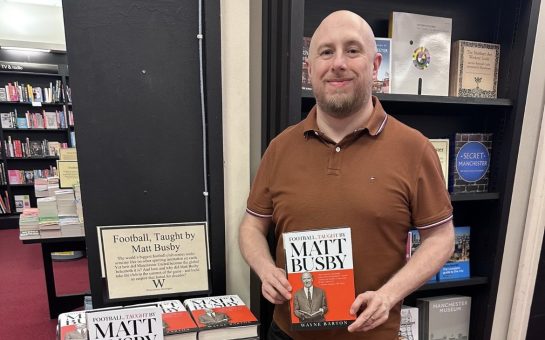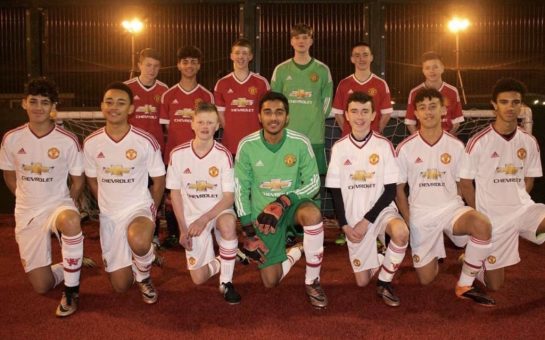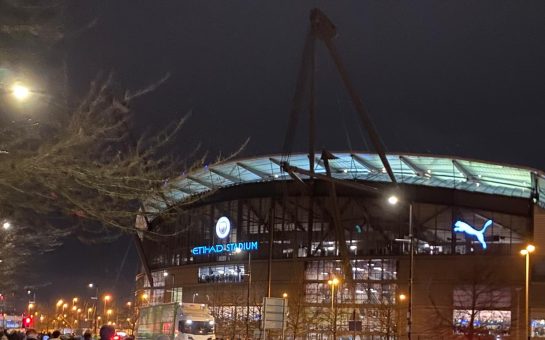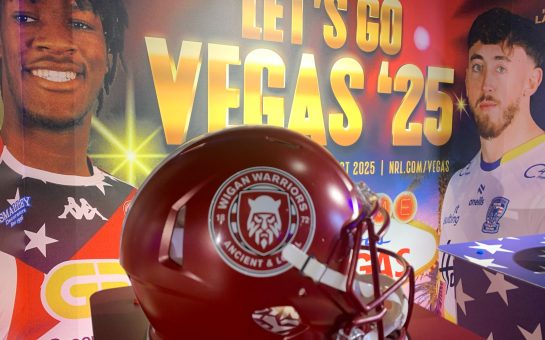Transition can offer many possibilities and if you are Manchester United, fortune has historically been on your side.
Ian Stirling, vice chairman of the Manchester United Supporters Trust (MUST), has been watching United since 1973 and believes the values and traditions of the club stand still in a haze of change.
United’s shares dropped almost £19million yesterday amid reports of the imminent sacking of manager David Moyes, which was confirmed yesterday morning.
For many current day fans of United, a generation reared on success after success following the 38 trophies clinched in Sir Alex Ferguson’s 26-year reign which ended last year, the extremities of this season have been too much to bear.
For Stirling, they are a stark reminder of what the club came through to reach the heights of the 90s/2000s.
“The club itself has been in a transition period before. In the 1930s, when we nearly went bust, we also help to set up a youth development scheme,” he told MM.
“United has a long tradition of sticking with their managers. We knew it was always going to be difficult replacing Ferguson. However I would say since 2008 when we won the Champions League, we have been in decline.
“Investment has generally been sparse even though we signed Robin van Persie from Arsenal. We have had two great managers (Matt Busby and Ferguson) but right now it is actually a reflection of where we are at European level.
“We have always been a club that is knowledgeable and savvy and had fans that have led and I know we will be back soon.”
This latest trough in United’s story could actually offer an opportunity to broaden wider than before, though unlike previous transition phases, trophies and results are expected almost immediately in modern day football.
“The era we are in now is ever-changing with constant media scrutiny,” said League Managers Association chief executive Richard Bevan.
“Expectations and desire for success continue to rise and, together with the need for good results, it all adds to the pressures on all personnel in a club.
“Sadly there is no perfect system to deliver success. There needs to be a combination of many factors all working together in one direction, with stability and a framework which encourages continuity.”
Stirling pointed to continued youth development being a critical factor, in the event that United might be priced out of the transfer market depending on where they finish this season.
“The United way has always been to rear and mould young players. It would sadden me to see youth policy going. It is a matter of balancing the two between younger players and big signings.”
United’s most successful youth development scheme came in the early 1990s, on the back of defeats like the 5-1 hammering by Manchester City at Maine Road in 1989 which brought about such change that by 1990 they were winning the FA Cup and Cup Winners’ Cup a season later.
Then there was the 4-0 Champions League loss to Barcelona in 1994, in tandem with the three-foreigner rule that restricted the club’s quality but historically is now perceived as a pathway to the 1999 treble and most memorably of all, lifting the European Cup for the second time.
One figure central to United’s last major overhaul now finds himself at the forefront of the club’s task to put themselves back into contention for the game’s biggest trophies: Ryan Giggs.
Giggs made his debut back in 1991 and has always consistently sought to improve as a player.
The Welshman even took it upon himself to improve his yoga and diet, in contrast to his teammates who regularly went out every weekend in Manchester in the early 90s as documented in The Class of ‘92.
It served Giggs, United’s most decorated player and now caretaker manager, well.
British psychologist, Jonathan Pooley, works with athletes across the UK and believes that United might have suffered from too many external influences common to the modern denominator of the game.
“Football is measured by money, financial terms and looked at as an overall business. Losing focus in general is not an option,” said Pooley.
“The football business people enjoy doing it because it represents big business.
“The shareholders however could not care less about what players or managers do on the field. Equally they do not care for their well-being either.”
The shareholders will care a lot more – and will probably be queueing up to invest in United again – if Giggs can steer the Red Devils on the course Ferguson had hoped for when he handpicked Moyes.
Main image courtesy of Goal via YouTube, with thanks.



